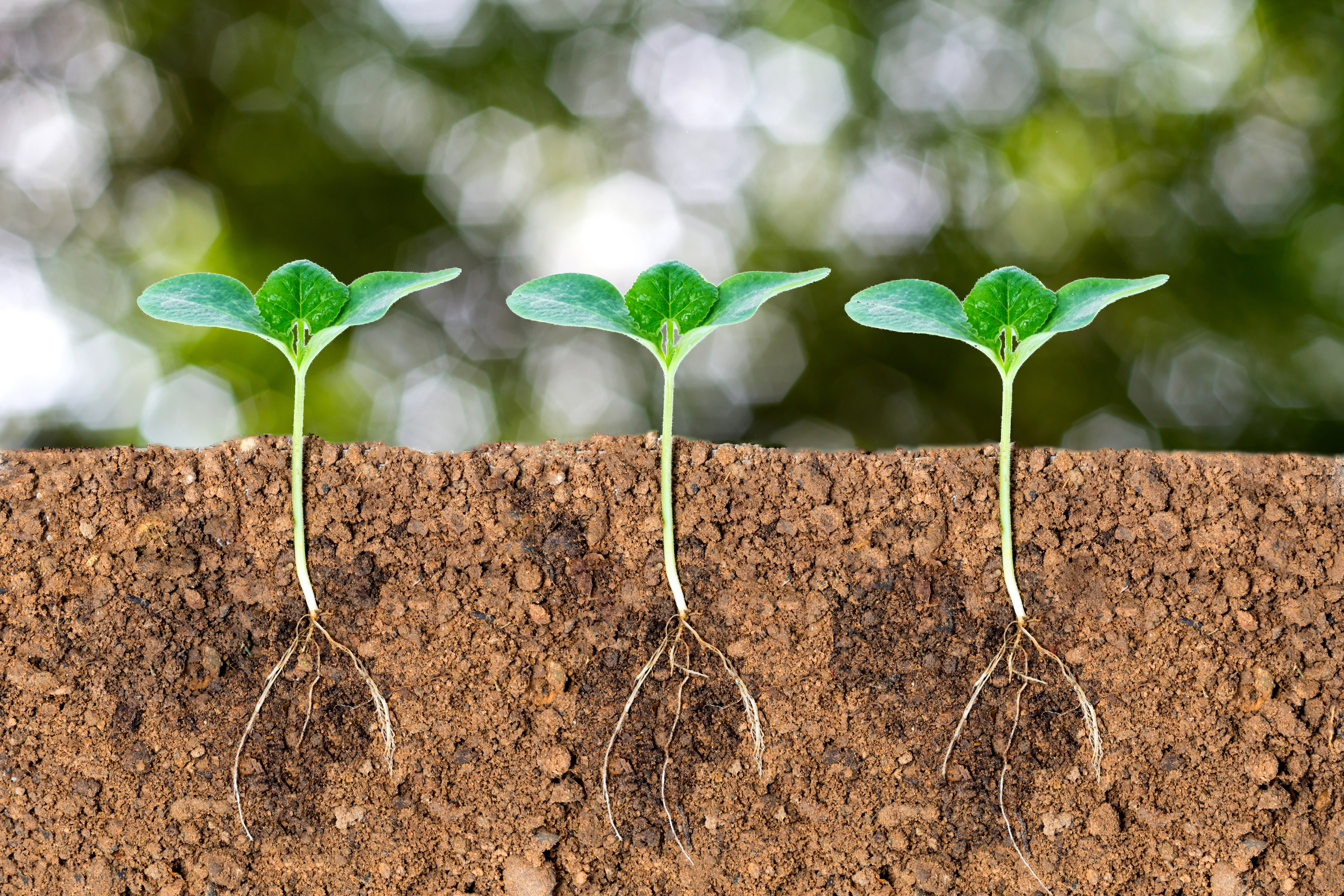Dinner was late. In fact, dinner was still a mystery, even to me, and I was cooking. In the kitchen, I surveyed Mt. Dirty Dishes and wondered if I needed oxygen to get to the top and bottom of it. The sink was under there somewhere … at least it had been when we moved in.
Rachel, my little one with autism, pulled a chair beside me. Ever the helper, especially if water is involved, she wanted to rinse the dishes.
Well … a chisel might be in order, but water would help, so I left her to rinse and turned my attention to the freezer. If I didn’t get something edible fixed soon eldest would chew off her arm. I shoved something in the toaster oven and turned back to the sink.
And gasped.
The kitchen counter had morphed into Lake Dyer. Tributaries carved paths down the cabinets, into the stove top, and under the toaster oven … which, as you remember, was in use. A waterfall brimmed from the backside of the sink toward the window. The floor was wet, too, but much of that was from the lemonade geyser that exploded earlier.
I screamed like a whistling tea kettle and dove to turn off the water in a move any pro footballer would envy.
“Rachel! Stop it!”
Rachel cringed and slapped both hands over her ears. She leapt off her chair and ran into the closet under the stairs.
I was left with the mess, but something worse. My insides twisted. I had let my anger out again. Even though this wasn’t my worst outburst, I still had hurt Rachel.
A simple “no” and redirection would have sufficed. Then I could help her clean up the mess. It would have served to connect us emotionally and been a good learning experience. Instead, I had driven a wedge between us with anger.
Over the next few days, I thought about my anger. Sometimes it simmers just under the surface, like a pot of spaghetti sauce. Take the lid off and BAM, you get an explosion. Other times it is like a volcano. Just a little change in circumstances causes huge eruptions.
But what is at the root? Here is one thing I discovered: There is no room around my edges. I have no emotional reserves for when disaster strikes.
I recently studied the biblical concept of gleaning. God instructed the farmers not to harvest to the edges of their fields, but to leave crops for the poor to glean, meaning the poor could gather crops for themselves. In this way, God cared for the poor.
So, as a mom, I must ask: Have I left room at the edges of my fields (time, energy, emotions) so that when people need me I have the resources to help them?
In many cases, no. I fill my life with too much. As moms, we sometimes feel guilt if we are not running every moment. We think our kids must be busy, too, or else we are somehow failing as mothers. Often time for simple things like chores is eaten away by activities.
We fear if our kids miss out on some club or sport, we will ruin their future chance of a scholarship or career boost. Instead of trusting God with their future and slowing down, we cram our lives so full if one thing goes wrong, the day is wrecked. We leave no room around the edges. These are some of the things that creep into my edges:
- Commitments. I have to say no more than I say yes to “other things.”
- I have to limit my amount of time with other people. This includes Facebook and phone calls. I want to see my friends, but I have to be content with making a little go a long way. This is a season where my kids need me, so I have to trust God with my friends for now.
- Work. How much is enough? Sometimes it is better to live a simpler lifestyle than to work more to have more stuff.
- Media. A big time killer in many cases.
“Father, I pray I will have wisdom in how I spend my time, so that I will leave room for the family you have put under my care.”
What about you? What are some of the areas you can leave empty so that you can have more spaces for when the need arises?
Jennifer Dyer has an M.S. in Communications Disorders, which served her well in her professional career as a speech-language pathologist. Never did she imagine that her education and career were God’s way of preparing her to be a mom to her own daughter with autism. Today, she enjoys reaching out to other families who face similar diagnoses. As a cancer survivor, carpet-cleaning veteran, and originator of the “Messy House Ministry,” Jennifer feels blessed to share joy, peace, and humor with others facing life’s challenges. She is mom to two beautiful daughters and is thankful to be raising them, serving other families with unique needs, and using her gift of writing and speaking to minister to others. Jennifer is also the author of a youth fiction book series and is trusting God with His timing on publication. Jennifer has been a mom for 11 years. She and Brandon have been married for 13 years.


Jennifer,
I love the anaology of leaving room around our edges. Over the past year, I have noticed that I am yelling at my kids more and saying the kind of things that I used to cringe at when I heard other parents say it. I need to look at my commitments, start saying no and remember to leave room around the edges.
Heather, sometimes mom life is like a see saw, always teetering back and forth. I am praying for you right now to find ways to balance. Hugs!
Have you been reading my mind or is it the prompting of the Holy Spirit? Thank you for writing about my recent personal struggles: a lack of both time and patience. I have found myself in a persistent bad mood because I am pulled so many directions with needs and wants of my 3 children (one of which is also autistic), husband, church, and community. Thank you for the reminder to prioritize my use of God’s time in order to serve my family first. The other “stuff” that fills my time is often just “fluff,” not counting for anything in God’s economy (especially the time playing on the computer!).
Bless you for taking the time to redirect other Moms back to the Lord when our hearts go astray.
Karen, thanks for your open and honest heart. I am praying for you to follow the leading of the Holy Spirit as you choose your activities. Hugs!
Agh! This is me! I am so focused on MY schedule that I am uptight/wound up all the time. Then when something doesn’t fit in the day right (or too many days in a row), BOOM! Or my 4-yr-old does that thing I asked him not to do ONE MORE TIME and I loose the top off my head. I have been working through many issues with a wonderful Christian counselor for the past year, but why I “loose it” has eluded me. I often notice that just thinking about all of my commitments makes me feel overwhelmed, but where do you start to back off? Besides number 1 son above, we have a new baby girl. Just like every other mom, I am daughter, wife, cook, housekeeper, 1/2 the household income breadwinner, church orchestra and nursery worker…and my every-day life has no margin for error. I am an introvert and need some “me time” and I am desperately in need of exercise to work off some stress. Where do I start? What do I do? Do you have any suggestions?
Thank you once again for ministering to the mothers. I have read that scripture many times and never thought about it like that. Thanks for the revelation because It truly is eye opening and helpful to me because I have 4 kids one of them is special needs and a husband. Sometimes I feel overwhelmed and can be a little short with them. I need to have balanced and trim away what is not necessary at this point in my life so I can be more patient and pleasant.